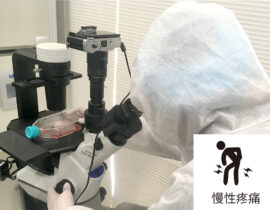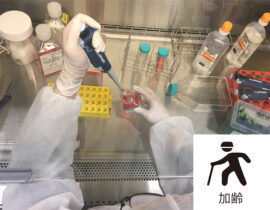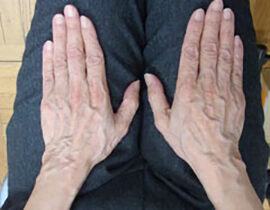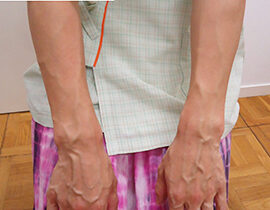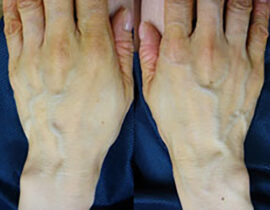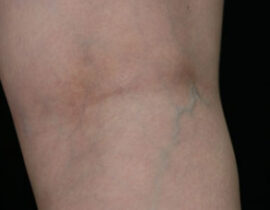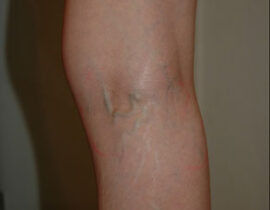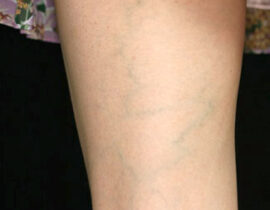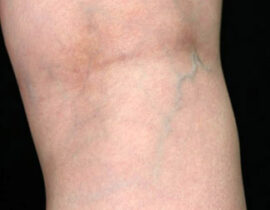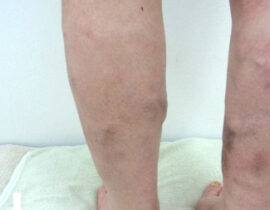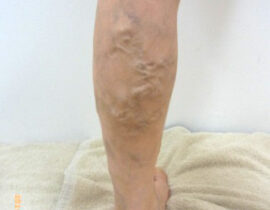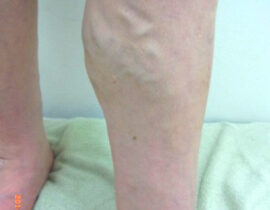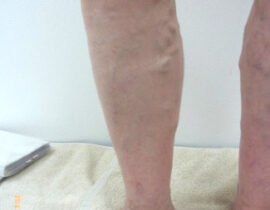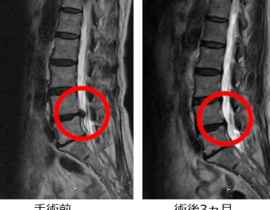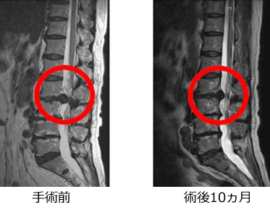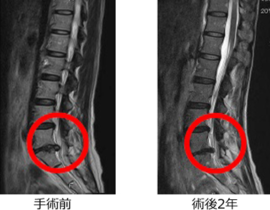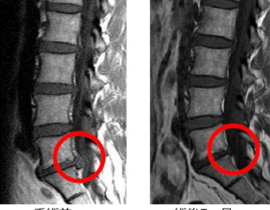【For Engrish】DNA/RNA Test
Liquid Biopsy: Cutting-Edge Genomic Testing for Early Cancer Detection and Risk Assessment
Liquid biopsy is an advanced diagnostic method that analyzes genomic biomarkers—such as DNA and RNA—found in bodily fluids like blood and urine. This technology enables the detection of cancer-related changes that may not be visible through conventional imaging techniques. As shown in the diagram below, liquid biopsy has the potential to identify cancer risk, precancerous conditions, and ultra-early-stage lesions that are otherwise difficult to detect.
At Kita-Aoyama D. Clinic, we utilize the following liquid biopsy tests specifically for the early detection of cancer and evaluation of treatment effectiveness.
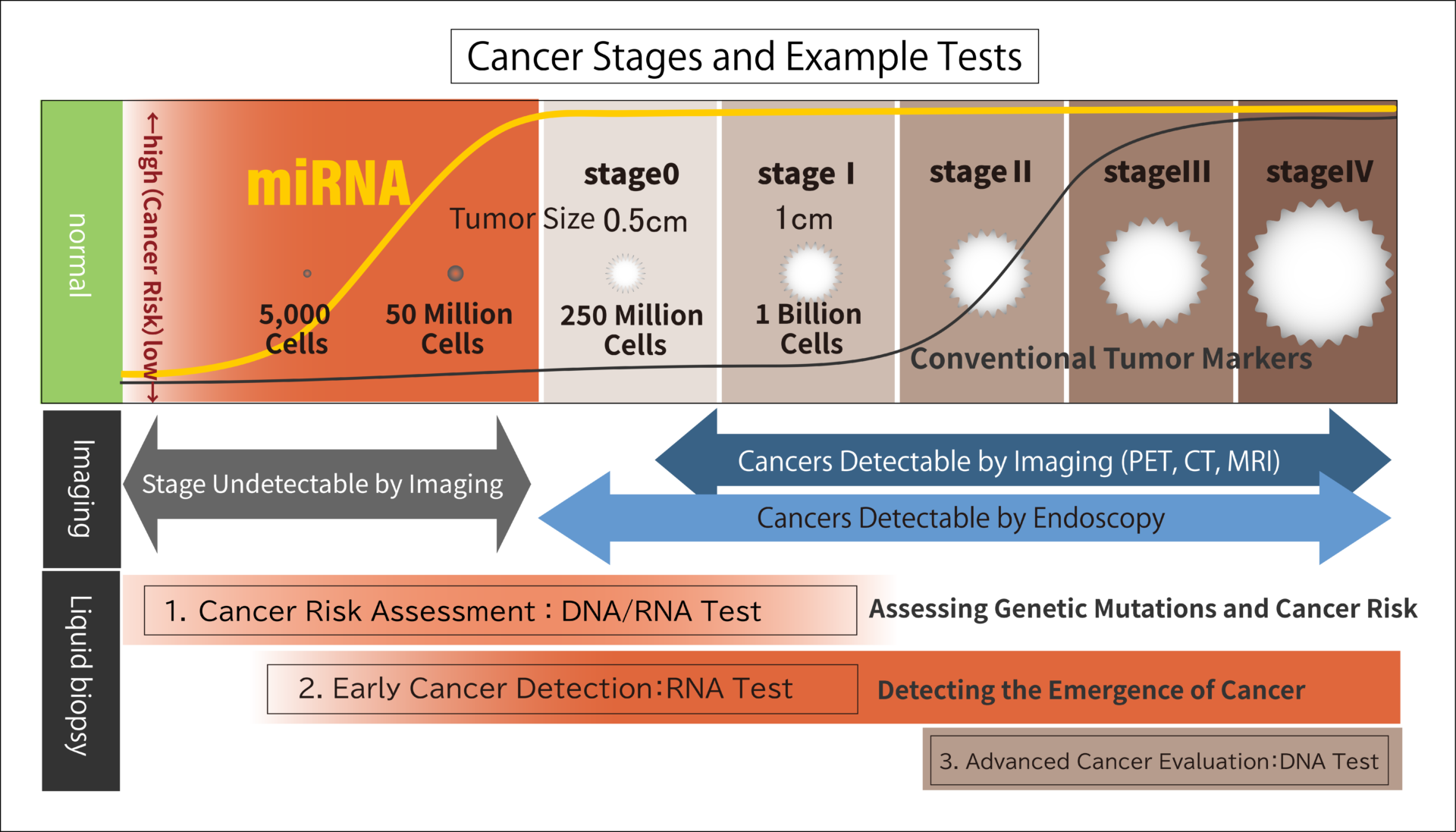
1. Cancer Risk Assessment
Our DNA/RNA testing evaluates cancer risk and precancerous conditions by analyzing circulating free DNA levels, gene expression profiles, and genetic alterations such as mutations and methylation patterns. Because these biomarkers are detected in the bloodstream, this method is well-suited for assessing cancer-related activity throughout the entire body.
2. Early Cancer Detection
RNA-based testing aims to detect lesions at an extremely early stage—often before they can be identified through imaging studies such as endoscopy, PET, CT, or MRI, or by conventional tumor marker tests. We offer both blood and urine tests targeting a wide range of solid tumors.
3. Advanced Cancer Evaluation
DNA analysis is used for patients with advanced solid tumors to identify effective treatment options and evaluate therapeutic responses. When test results indicate a high level of risk, early intervention is essential. For individuals suspected of having cancer, we provide follow-up imaging and other diagnostic tests to develop a comprehensive care plan. Even in cases where imaging fails to detect a tumor, we offer preventive genomic-based cancer therapy as part of our proactive medical approach.
1. Assessing Genetic Damage and Cancer Risk
[Cancer Risk Assessment: DNA/RNA Testing]
This test, performed with a simple blood sample, evaluates your risk of developing cancer by analyzing overexpression of cancer-related genes and identifying genetic mutations. It helps determine whether your body is currently in a state that is prone to cancer development or if cancer may already be present. This assessment is particularly recommended for individuals who: Wish to take proactive steps to prevent cancer, Lead irregular lifestyles or experience chronic stress and are concerned about weakened immunity, Want to understand whether they may currently be at increased risk of developing cancer. We use a combination of advanced analyses to evaluate cancer risk: Free DNA Concentration: Elevated levels of cell-free DNA in the bloodstream may indicate the presence of cancer or other abnormalities such as inflammatory diseases. Gene Expression Profiling: We analyze 47 RNA biomarkers associated with various cancers to measure the activity levels of genes involved in cancer progression. Mutation and Methylation Analysis: This examines the integrity of tumor suppressor genes. Abnormalities in these genes can lead to increased susceptibility to cancer by either failing to regulate abnormal cells or allowing healthy cells to become cancerous. Together, these tests provide a comprehensive risk profile, helping us support your long-term health with personalized preventive care.
| Test Name | Fee |
|---|---|
| [Cancer Risk Assessment: DNA/RNA Testing](Blood-based) | 330,000円(Tax Included) |
If You Are Found to Be at High Risk for Cancer
When test results indicate a high risk of cancer, it is crucial to take proactive measures before the disease develops. Unfortunately, few medical institutions are able to provide concrete preventive strategies beyond screening. At Kita-Aoyama D. Clinic, we offer additional imaging tests when necessary, and if any abnormalities are detected, we recommend prompt treatment to ensure the best possible outcome. Even when imaging shows no visible signs of cancer, we can support your preventive care through evidence-based options such as chelation therapy, high-dose vitamin C therapy, and nutritional supplementation. In addition, we offer preventive genomic cancer therapy (CDC6 RNAi Therapy)—a novel approach designed to suppress cancer development at the molecular level.
2. Detecting the Emergence of Cancer Cells
[Early Cancer Detection: RNA Testing]
About Test Accuracy: Sensitivity and Specificity
This RNA-based liquid biopsy test is designed to detect the presence of cancer cells at an exceptionally early stage—often before they can be identified through conventional imaging techniques or tumor marker tests. By analyzing gene expression patterns in blood or urine, this test provides valuable insights into the earliest signs of cancer development.
About Test Accuracy: Sensitivity and Specificity
Sensitivity refers to the ability of the test to correctly identify individuals who have the disease—in other words, the proportion of true positives (those who actually have cancer and are correctly diagnosed). A test with high sensitivity is less likely to miss cases of cancer.
Specificity refers to the ability to correctly identify individuals who do not have the disease—in other words, the proportion of true negatives. A high specificity means the test is less likely to produce false positives (incorrectly identifying someone as having cancer when they do not).
Please note that, as the number of clinical samples for liquid biopsy is still limited, the values for sensitivity and specificity should currently be considered as reference data.
Blood-Based Testing
[RNA Test for Gastrointestinal Cancers – Blood Sample]This advanced microarray test analyzes messenger RNA (mRNA) expression profiles in the blood, focusing on genes associated with gastrointestinal cancers. It aims to detect cancers of the stomach, colon, pancreas, and biliary tract at an early stage. Clinical research has demonstrated high diagnostic accuracy, with a sensitivity of 98.5% and a specificity of 92.9%, both exceeding 90%. For individuals identified as high-risk, we recommend follow-up with a painless endoscopic examination for further evaluation. Reference: "Differential gene expression profiling in blood from patients with digestive system cancers."
| Test Name | Sensitivity | Specificity | Fee |
|---|---|---|---|
| [RNA Test for Gastrointestinal Cancers – Blood Sample] | 98.50% | 92.9% | ¥165,000(Tax Included) |
This test detects fluctuations in messenger RNA (mRNA) levels present in the blood, aiming to identify various cancers at a very early stage. For pancreatic cancer, the test has demonstrated a sensitivity of 78.6% at stages 1 and 2, and across all stages, it achieves a sensitivity of 85.2% and a specificity of 93.2%.
| Test Name | Sensitivity | Specificity | Fee |
|---|---|---|---|
| [RNA Test for Pancreatic Cancer – Blood Sample] | Ⅰ・Ⅱ:78.6% Ⅲ・Ⅳ:87.2% all stage:85.2% |
93.20% | ¥132,000(Tax Included) |
Urine-Based Testing
[RNA Test for Ovarian, Breast, Lung, Stomach, Colorectal, Pancreatic, and Esophageal Cancers – Urine Sample]This test analyzes fluctuations in microRNA (miRNA) levels found in urine to enable the detection of various cancers at a very early stage. It offers a non-invasive approach to identifying potential malignancies in organs such as the ovaries, breasts, lungs, stomach, colon, pancreas, and esophagus.
| Test Name | Sensitivity | Specificity | Fee |
|---|---|---|---|
| Male-Specific 8-Cancer RNA Test – Urine Sample [Lung, Stomach, Colorectal, Pancreatic, Esophageal, Bladder, Kidney, and Prostate Cancers] |
Lung: 90%,Stomach: 83%,Colorectal: 90%,Pancreas: 97%,Esophagus: 90%,Bladder: 89%,Kidney: 71%,Prostate: 85% | Lung: 90%,Stomach: 87%,Colorectal: 92%,Pancreas: 93%,Esophagus: 90%,Bladder: 89%,Kidney: 94%,Prostate: 89% | ¥116,600(Tax Included) |
| Female-Specific 9-Cancer RNA Test – Urine Sample [Ovarian, Breast, Lung, Stomach, Colorectal, Pancreatic, Esophageal, Bladder, and Kidney Cancers] |
Lung: 90%,Stomach: 83%,Colorectal: 90%,Pancreas: 97%,Esophagus: 90%,Bladder: 89%,Kidney: 71%,Ovary: 84%,Breast: 80% | Lung: 90%,Stomach: 87%,Colorectal: 92%,Pancreas: 93%,Esophagus: 90%,Bladder: 89%,Kidney: 94%,Ovary: 89%,Breast: 83% | ¥116,600(Tax Included) |
| Gastrointestinal Cancer RNA Test – Urine Sample [Stomach, Colorectal, Pancreatic, and Esophageal Cancers] |
Stomach: 83%,Colorectal: 90%,Pancreas: 97%,Esophagus: 90% | Stomach: 87%,Colorectal: 92%,Pancreas: 93%,Esophagus: 90% | ¥96,800(Tax Included) |
| Top 3 Cancer RNA Test – Urine Sample [Stomach, Lung, and Colorectal Cancers] |
Lung: 90%,Stomach: 83%,Colorectal: 90% | Lung: 90%,Stomach: 87%,Colorectal: 92% | ¥96,800(Tax Included) |
| Female-Specific Cancer RNA Test – Urine Sample [Ovarian and Breast Cancers] |
Ovary: 84%,Breast: 80% | Ovary: 89%,Breast: 83% | ¥94,600(Tax Included) |
3. DNA Testing for Advanced Cancers
[Advanced Cancer Assessment: DNA Test]
This test analyzes circulating tumor DNA (ctDNA) found in the bloodstream to provide information on potential effective therapies and to evaluate treatment response in patients with advanced solid tumors.
| Test Name | Fee |
|---|---|
| DNA Testing for Advanced Cancers | Initial Test:¥550,000(Tax Included) Follow-up Tests:¥440,000 (Tax Included) |

